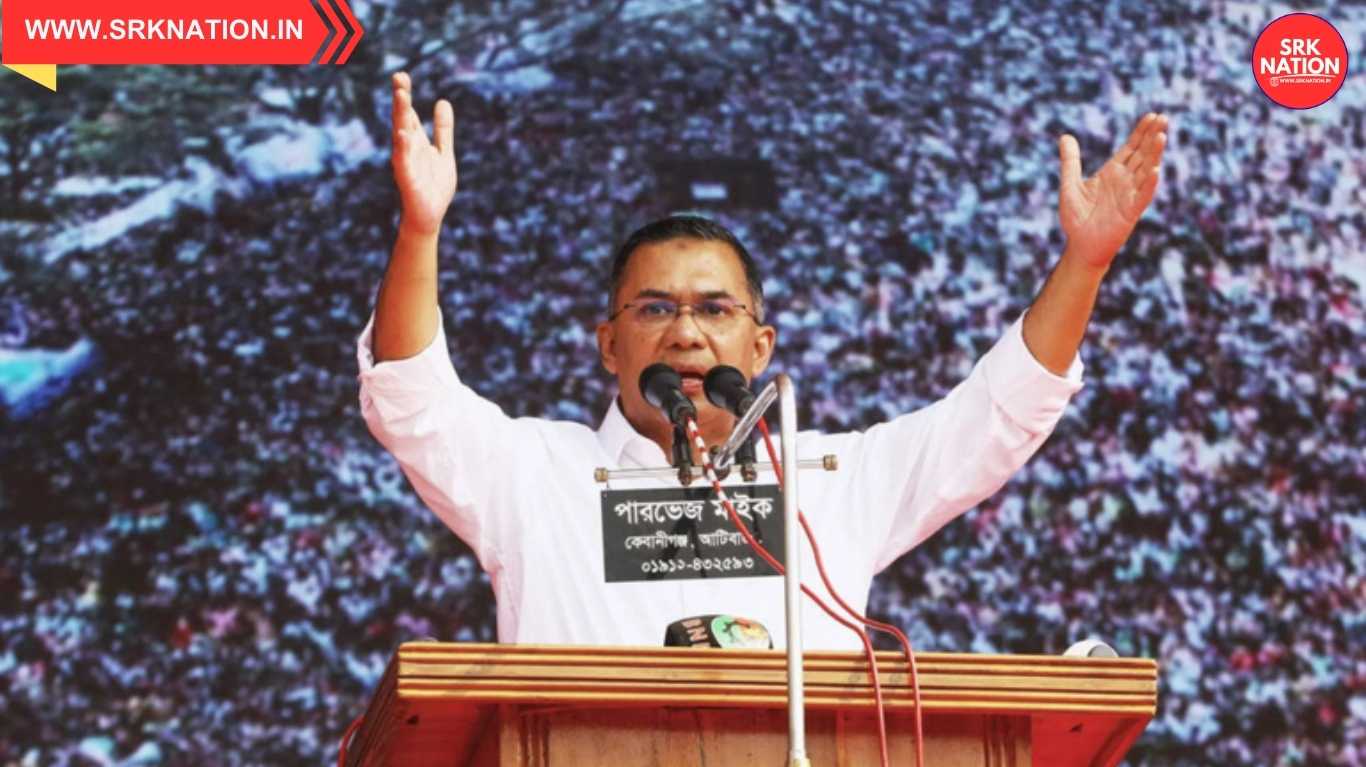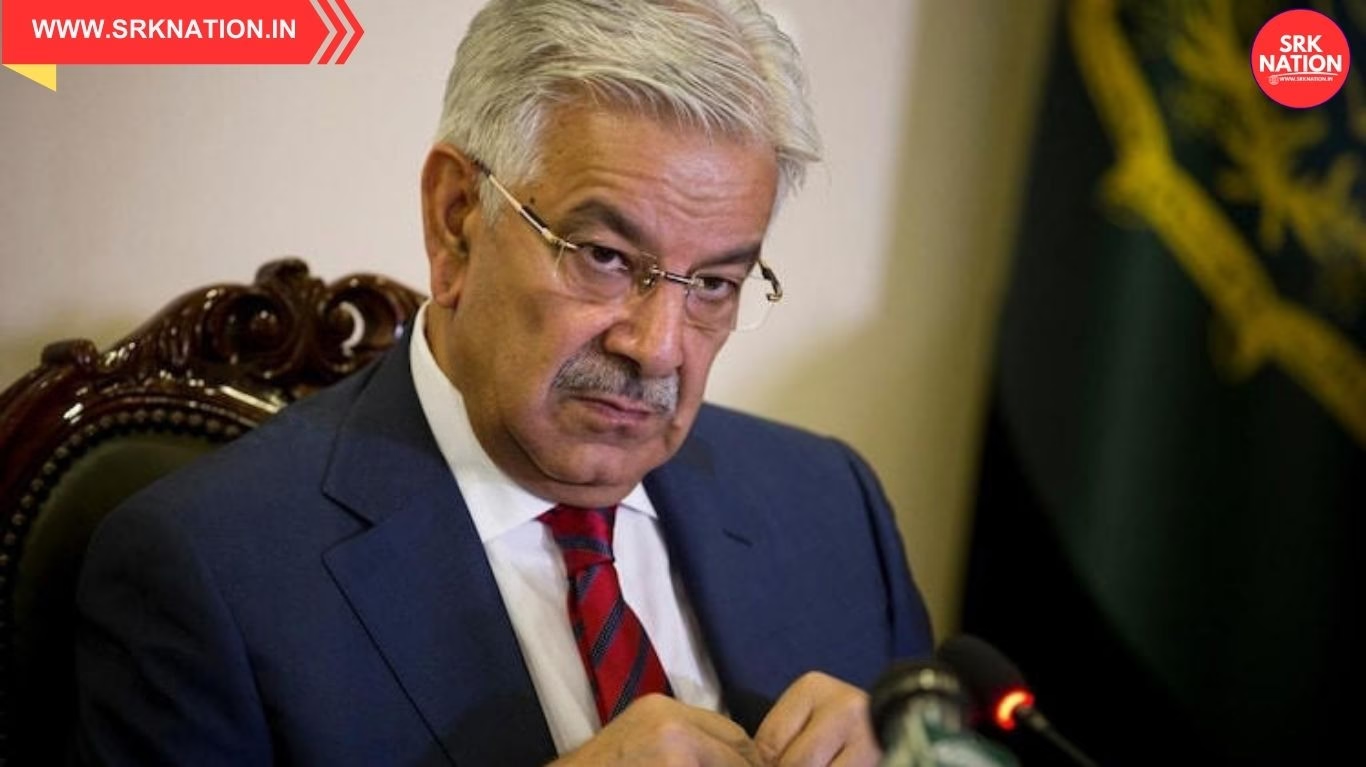Bangladesh Army chief General Waker-uz-Zaman issued a stern warning to politicians on Tuesday, cautioning that their infighting poses a significant threat to the country’s sovereignty. Speaking at an event commemorating the army officers who were killed in the 2009 Pilkhana mutiny, General Zaman emphasized the need for unity and stability.
On February 25 and 26, 2009, several army officers, including the then-director general of the Bangladesh Rifles (BDR), Maj Gen Shakil Ahmed, were murdered in a mutiny at the headquarters of the paramilitary force, now known as Border Guard Bangladesh (BGB), in Pilkhana, Dhaka. A total of 74 bodies were recovered from the incident.
General Zaman highlighted the chaotic situation in Bangladesh, noting that criminals are exploiting the political discord. “There are a few reasons behind the deteriorating law and order situation. The first reason is that we are busy fighting. We are busy enraging each other,” he said.
He urged politicians to move beyond their differences and focus on the nation’s well-being. “If you can’t move beyond your differences and continue meddling and fighting among yourselves, the independence and sovereignty of the country will be at risk. I warn you (again),” Zaman stated, without naming any specific group.
General Zaman also called for a balanced view of law enforcement agencies, acknowledging their positive contributions despite past controversies. He emphasized that he had no personal ambition, referencing the country’s history of military takeovers, and assured that the military would return to barracks once stability is achieved.
“I just want to bring the country and the nation to a stable point and then take a vacation,” said Zaman, who is related to former Prime Minister Sheikh Hasina.
In a previous interview, Zaman mentioned that it would take 18 months to hold an election, a timeline supported by Professor Muhammad Yunus, who leads the interim government following the mass uprising that toppled Hasina’s 16-year regime on August 5, 2024.
The interim administration has tasked the army with policing duties, as the uprising significantly disrupted the regular police structure. Despite being called to quell the unrest, the army largely remained on the sidelines, while a UN fact-finding report indicated that police actions during the uprising and subsequent violence resulted in nearly 1,400 deaths.
Since February 5, Bangladesh has experienced renewed unrest, with protesters targeting the residence of the country’s founding father, Sheikh Mujibur Rahman, and attacking properties of Awami League leaders and supporters. In response, security forces have arrested over 8,600 individuals in a two-week crackdown named “Operation Devil Hunt,” aimed at gangs allegedly linked to the ousted Hasina government.
The arrests come amid rising crime levels, particularly in Dhaka, where police report a doubling of robberies since January last year. Last week, rival student factions clashed at a university campus, highlighting the ongoing discord between groups that played a key role in the July-August 2024 uprising.
As Bangladesh navigates this turbulent period, General Zaman’s warning underscores the critical need for political unity to safeguard the nation’s sovereignty and stability.












